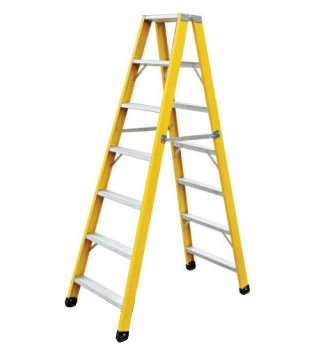OK, first off, sorry if I caused you offence. Not intended. I shall restrain my tone.
Now then, to seek clarity on the matter. I think there is a need to differentiate intellectual property rights and other issues like contractual rights, private property laws, stock photo company being conservative, etc.
Thanks for the info on the Eiffel Tower. Very illuminating (pun intended, haha). I find the French court decision that simply shining light on a tower creates an "original visual design/creation" which is copyrighted "interesting" to say the least, but that's just me. May work in France, but whether it passes the test of "artistic craftsmanship" here and elsewhere is questionable. It could well have no copyright protection outside of France, but stock companies won't take that chance or can't bother to ensure they sell outside France only, and not into France. So possible more an issue of stock company being conservative rather than a copyright issue.
Regarding the point you made about patent, if there is a patent on the lighting system or the manner of lighting the building, then infringement happens when you work the patent, not when you take a photo of the scene.
As for a dress design, if you google fashion design copyright, you'll find that the general view is that the dress itself has no copyright protection. The sketches, dress pattern templates, prints on the fabric or logos shown may attract copyright protection, in which case the question of what and how much is copied comes into play. Making a knock off dress which includes the logo and unique prints is very different from photographing the dress on a person (just like a Paris night shot panorama which includes the Eiffel Tower is acceptable by some stock photo companies). So, IMO, its not so clear that you're "basically asking for trouble" when you take a photograph. IMO, possibly pretty far from it actually. However, again, if stock photo companies refuse to accept it, then that is more an issue of being conservative on their part. And they are entitled to take that position. In which case, it isn't really because there is copyright infringement, but because of the volume they deal with, they don't have the desire to take a position on whether there is infringement in every instance, so they draw their line very far from infringement to play safe. So this situation is shaped more by practical commercial concerns on their part more than copyright. Which, I suppose, at the end of the day, is what matters to someone selling to them anyway.
And as for landscape shots, thanks for clarifying that its not all such situations but where there are restrictions like fencing in and fee charged. And no, Mt Fuji is not fenced in, neither is there an entrance fee. So at least that's one landscape in the clear.
Peace.



